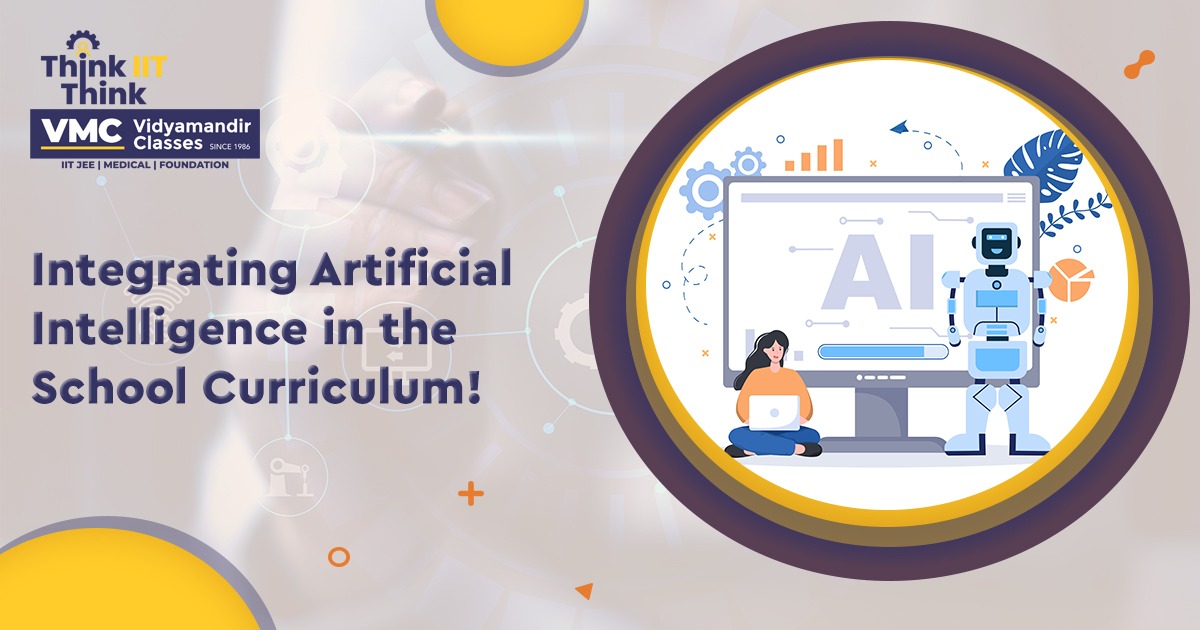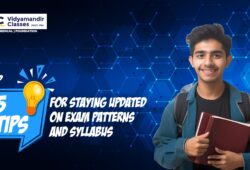Integrating Artificial Intelligence in the School Curriculum!
 Posted On
Posted On
486 total views, 2 views today
The Central Board of Secondary Education, the National Institute of Transforming India’s (NITI Aayog) Atal Innovation Mission, and a private player are working together to enhance the education industry by integrating IT skills into the formal curriculum.
The overall goal is to match the National Education Policy 2020 (NEP 2020) guidelines to quicken young tech adoption, close the skills gap in the nation, and maximize the infrastructure in place (including Atal Tinkering Labs) in order to prepare India for AI. In September 2022, they started a pilot mission and introduced the AIoT Integration in School Curriculum.
A presentation of lesson plans based on AIoT integration made by teachers after receiving training from professionals in the academic and technological fields was shown in a recent showcase, which was the result of the pilot program. Additionally, it featured a display of social impact projects powered by AI and the AIoT that students had created with the help of their teachers. A compendium containing 70 lesson plans was also made available by the hosting organizations to encourage digital readiness.
The compendium, which is a collection of lesson plans created by instructors, provides a complete understanding of how AIoT integration can be used to enhance classroom learning. As an illustration, one of the lesson plans for class 9 assists the students in analyzing the cause of back discomfort and developing an AI-led solution where an LED light lights every time it detects wrong posture and a green light shines once the correct posture is maintained.
Another social science lesson plan instructs students to first utilize the design thinking method to comprehend why plants die in the cold. The student is taught how to record the moisture level of the soil using sensors and an Arduino UNO, and is then assisted in deploying a supervised AI model to forecast the health of the plant using the recorded data.
An expert in the field claims that the new approach will make it possible to switch from traditional to digital teaching pedagogies with a number of added advantages and greater effectiveness. The incorporation of AI into lesson plans and making them a regular element of teaching and learning activities can assist students adopt a digital-first mindset.
The project aims to equip teachers with the knowledge, attitudes, and resources necessary to combine AI and tinkering in the classroom. Students are anticipated to thoroughly comprehend the impact and responsibility of using emerging technology through this process.
State governments have been pushed to provide programs and courses in AI and other cutting-edge technologies in order to increase the level of digital literacy in the nation. Students were invited to the nationwide “Summer Internships 2022” program by the Robert Bosch Centre for Data Science and Artificial Intelligence (RBC-DSAI) of the Indian Institute of Technology of Madras (IIT-Madras) last year. According to OpenGov Asia, the initiative aimed to give students practical experience working with some of the nation’s top data scientists and AI professionals on cutting-edge discoveries.
The Indian Institute of Technology of Delhi (IIT- Delhi) and the Council for Indian School Certificate Examinations (CISCE) collaborated to create a curriculum for schools that covers robotics, AI, machine learning, and data science. The CISCE board-affiliated schools’ curriculum was designed for students in grades 9 through 12.



